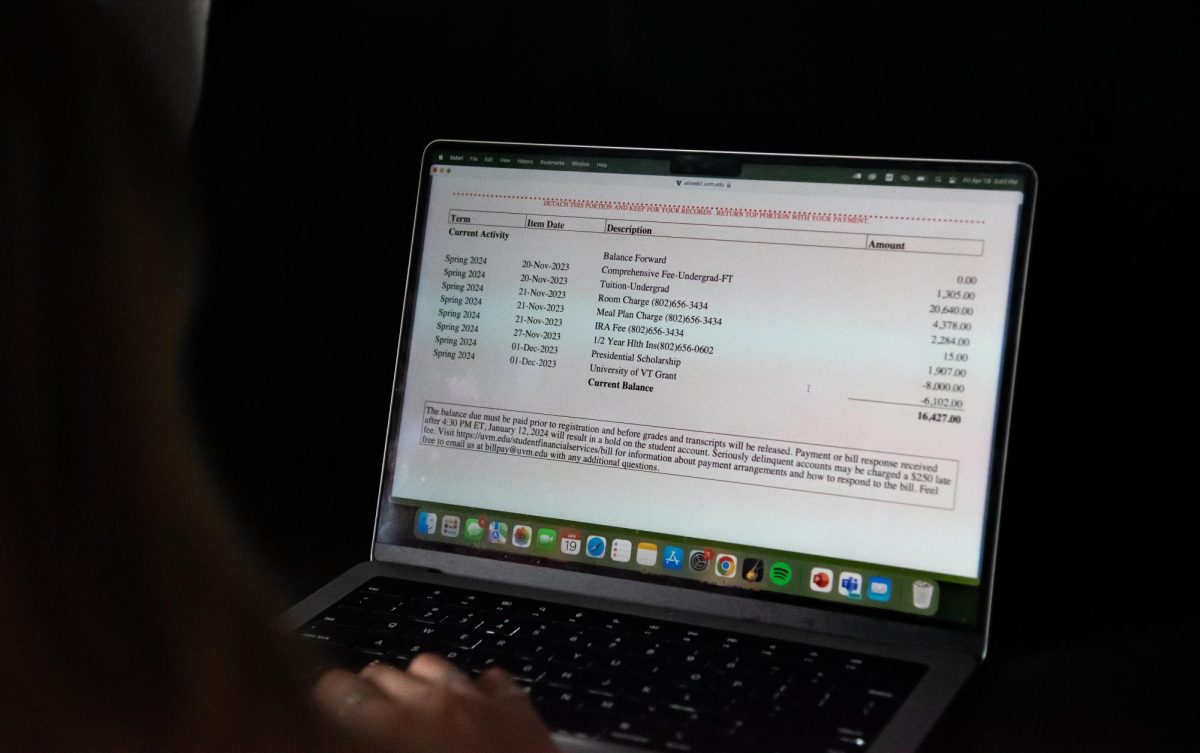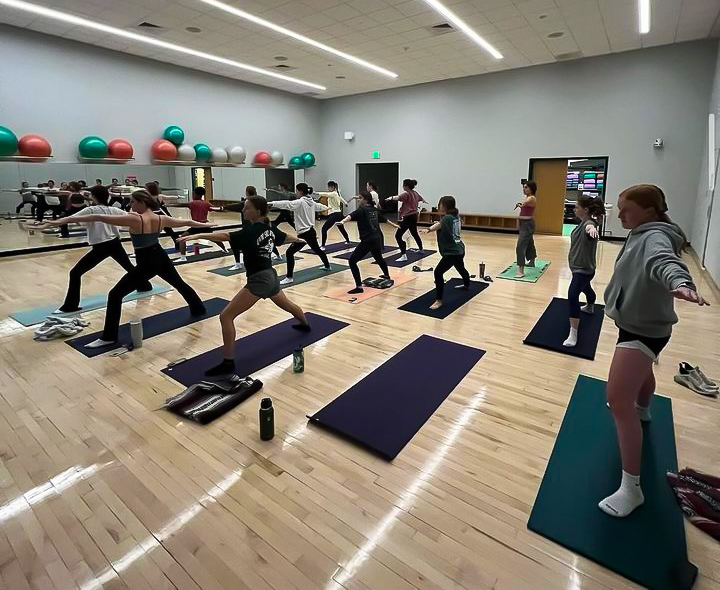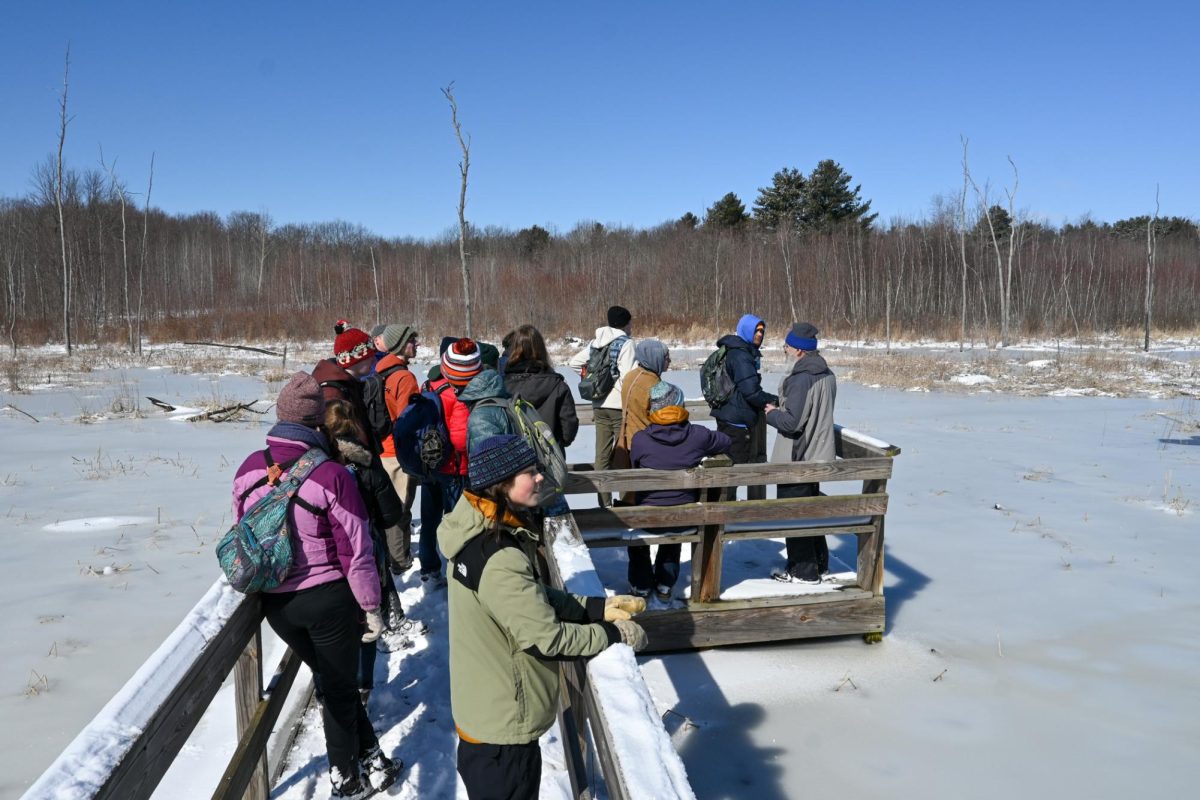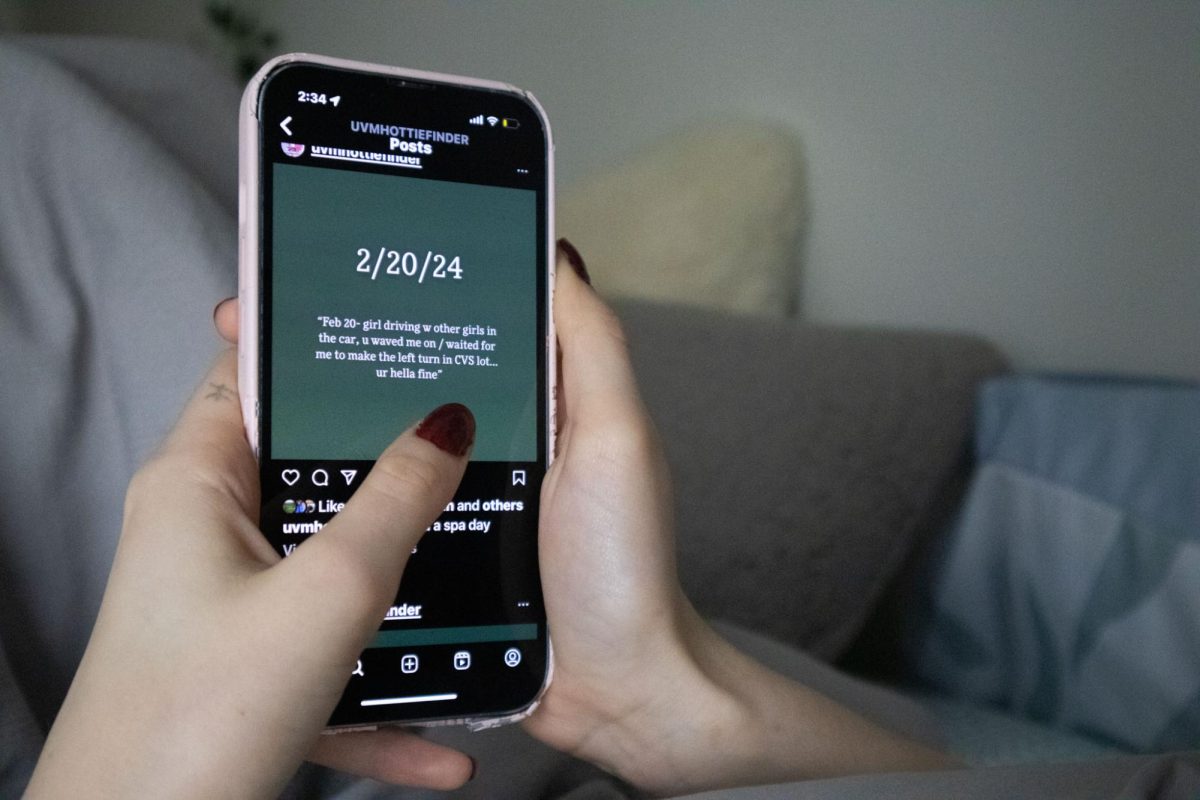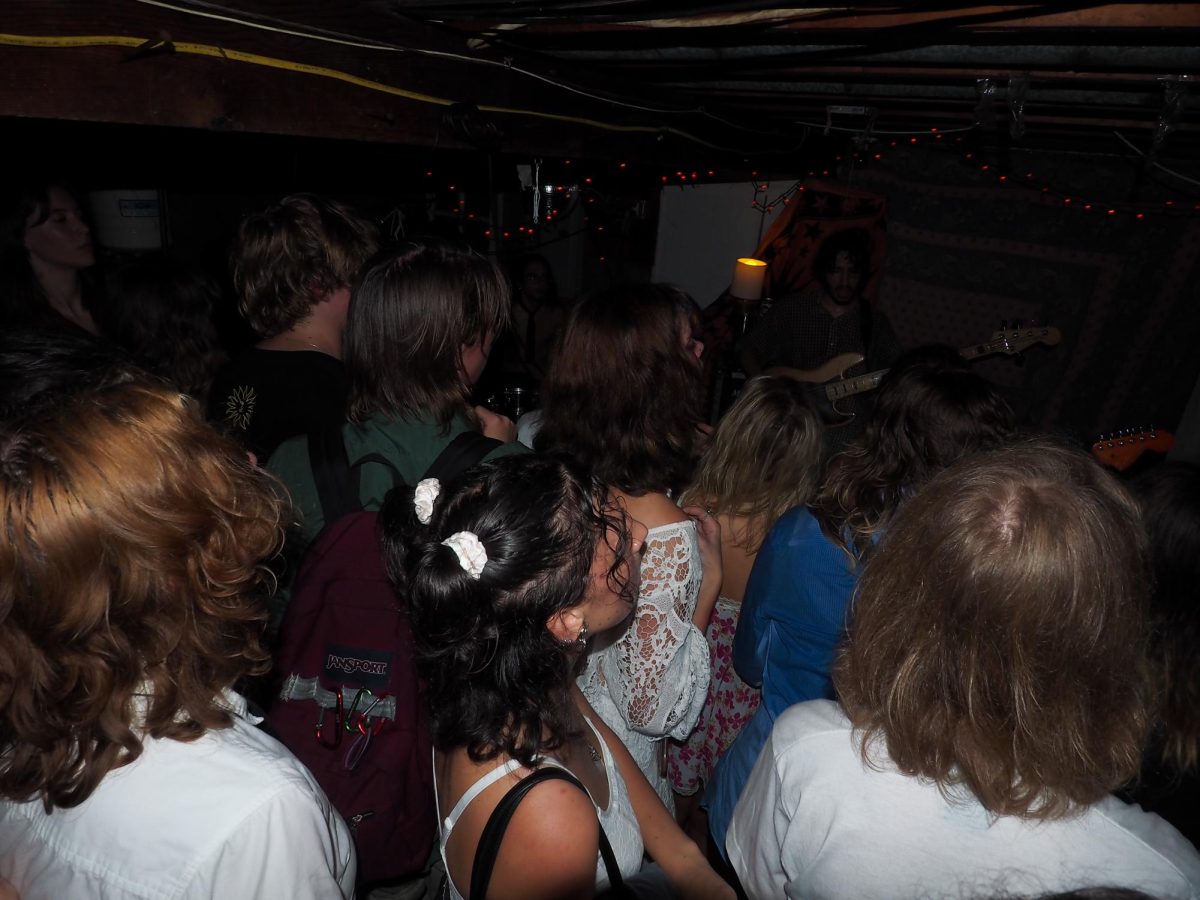Risky behavior in work-study hiring practices
“YOUR NEW/REVISED AWARD IS READY TO VIEW.” Students who apply for financial aid receive this e-mail from Student Financial Services (SFS) every June. After viewing their award package this year, many students said they discovered that they were no longer offered work-study. “For the fiscal year, the program funding can sustain approximately 1,600 students compared to about 2,500 students who participated in the program last year,” Dean of the College of Arts and Sciences Eleanor Miller said in a letter to department chairs and program directors. “The change doesn’t limit whether an office can offer Federal Work-Study. It does affect how many students will be available to fill the positions … There will be greater competition for those students,” Miller said in the letter. The amount that UVM receives from the federal government for work-study has not changed. For the last 10 years, the federal government has allotted $1.6 million to the program, and UVM provides another $600,000, bringing the annual total to $2.2 million, Director of Student Financial Services Marie Johnson said. Fewer students have received Federal Work-Study this year because last year there was “a significant unplanned increase in the usage of the Federal Work-Study program,” Federal Work-Study coordinator Sydnee Viray said. SFS often awards work-study to more students than the Federal Work-Study budget can actually pay for, projecting that a certain amount of students won’t accept their award or use it up completely, Johnson said. This approach worked until last year, when UVM went over budget. Last year, UVM exceeded its work-study allotment by $770,000, 135 percent of the $2.2 million budget, Johnson said. The large number of students who claimed their Federal Work-Study award last year may have encouraged campus departments to overuse the program, she said. “Last year there was an unexpected influx of students who used their work-study award. In some cases, due to budget cuts across campus, departments may have relied on the Federal Work-Study more than in the past,” Johnson said. This dependency is dangerous for departments, especially in this economic atmosphere, she said. “It’s risky behavior for [departments] to rely on Federal Work-Study students for mission-critical positions. They should have a backup plan, since eligibility for work-study can fluctuate from year to year,” she said. Questioning the numbers Many factors contribute to work-study fluctuation, but class standing is not one of them, Johnson said. In a survey sent out on Sept. 14 to the student body by The Cynic and the SGA, 853 students responded. Of the students who answered that they had work-study for the 2010-11 academic year, 31.8 percent were first years, 32.4 percent were sophomores, 17.1 percent were juniors and 19.4 percent were seniors. Fifty-four percent of returning students said they had Federal Work-Study last year, while 23 percent reported having work-study this year, according to the survey. “I did have Federal Work-Study my first two years, but got told I was out of the program because I was a junior. What a bunch of bull,” senior Katelyn Blair said. The film department’s equipment room, which relies entirely on Federal Work-Study to operate, lost all of its students, film and television studies professor Deb Ellis said. Senior film and television studies major Kevin Grupe said he looked forward to returning to his position in the equipment room. “I was upset and confused when I found out I didn’t get Federal Work-Study, especially since my financial situation has gotten worse from last year,” Grupe said. “I enjoyed working in the equipment room, and Deb [Ellis] was expecting me to come back this year.” Sophomore Jeff McEachern said he was the only one out of his friends that received Federal Work-Study this year. “I feel I’m really lucky to still have work-study. I don’t think it’s fair to give it one year and take it away the next,” he said. An unexpected cost Many feel the changes in the Federal Work-Study program this year are taking a toll on students, staff and faculty at UVM. The decrease in students with work-study has given ResLife staff — particularly resident advisors — additional work, sophomore resident advisor Alee Graziano said. “We’ve been picking up the slack where Federal Work-Study students haven’t been staffing the front desk,” Graziano said. “[Resident advisors] have been working in between classes when work-study students are supposed to be working.” Students said they also feel frustrated about varying hours of the residence halls’ front desks. “The hours at the front desk are so staggered; whenever I’m available, it’s not open — for information, packages, whatever,” first year Zach Pion said. “It’s incredibly inconvenient.” Forty-three percent of The Cynic’s survey respondents described the availability of their front desk as “good” or “excellent,” while 30 percent described it as “poor” or “extremely poor.” As of Sept. 14, all 10 residence hall complex front desks were only partially staffed, according to office managers and residence directors at the 10 complexes. “Usually by the end of week one, the desk is fully staffed. Here it is in week three and we’re still trying to fill shifts,” Jeanne Mance Trinity office manager Debbie Crosby said. Office managers said that they have been affected by students unexpectedly losing their Federal Work-Study award as well. “Normally I have 20 to 25 returners; this year I only have six,” University Heights North office manager Sharnel Martelle said. ResLife is not the only department to lose staff due to work-study cuts. The Athletic Communications Department suffers from work-study shortages as well, Athletic Communications Director Lisa Champagne said. “I have been hiring Federal Work-Study students for six years, and I was disappointed that I could not rehire the good workers we had,” Champagne said. “You expect juniors and seniors to lose their work-study, but not sophomores.” In the Athletic Communications Department, 10 of 11 first years who planned to return for the 2010-11 year had their work-study cut, Champagne said. Director of Campus Recreation Gregg Bates said the Federal Work-Study changes have stressed resources. “Less Federal Work-Study students put a greater strain on our operating budget, as we are forced to hire more non-Federal Work-Study students to maintain the same programs and services for the UVM student body,” Bates said. The strain on the department’s budget may force Campus Recreation to reduce its size or increase costs to students, he said. “Depending on how large the budget problem becomes, we may have to look at reductions in [Campus Recreation] programs and services or increases in fees to support these programs,” he said. Departments have also had to spend additional time and resources training new employees. “It’s frustrating on our end because we find good workers and spend time training, then have to restart the process the next year,” Champagne said. The McAuley and Wright fitness centers are currently short-staffed, which may result in shortening the hours of operation in those facilities, Residence Director for Christie Wright Patterson Rafael Rodriguez said. “We haven’t been able to start hiring [for Wright] because we haven’t yet been approved to start hiring by SFS,” Rodriguez said. Putting on the administrative band-aid The University has created the Student Employment Task Force to respond to the fact that a smaller number of students have received Federal Work-Study this year compared to last, Johnson said. The organization has met once so far and was created at the end of last semester, according to Johnson. Chaired by SFS director Marie Johnson and including representatives from Career Services, the Human Resources Department, Student Affairs, Central Budgeting and other departments, its goal is to create more on-campus jobs for students and find sources of funding for these positions, Johnson said.







